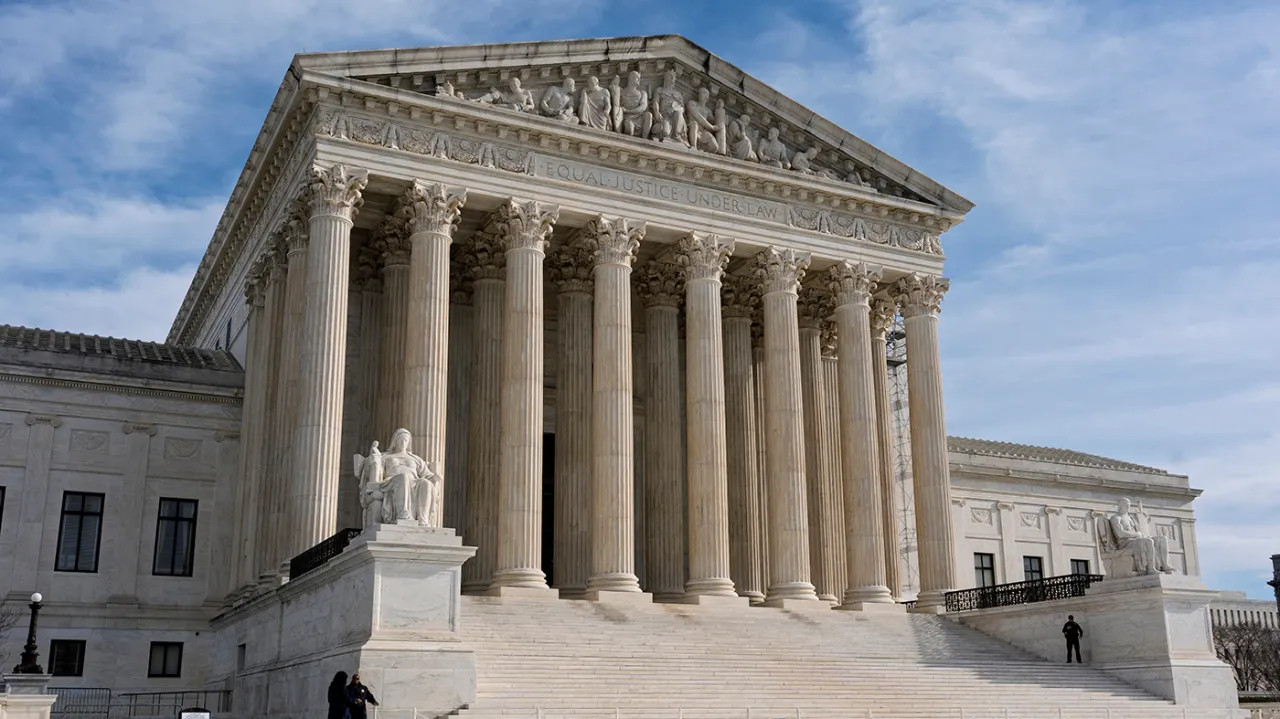
10 years after Obergefell, a discredited study lingers on same-sex marriage
How did your country report this? Share your view in the comments.
Diverging Reports Breakdown
10 years after Obergefell, a discredited study lingers on same-sex marriage
Today marks ten years since the U.S. Supreme Court decided Obergefell v. Hodges, legalizing same-sex marriage in all 50 states. Two conservative organizations designed and funded a study that was to be completed in time to present to courts. The central question was: “Do the children of gay and lesbian parents look comparable to those of their heterosexual counterparts?” To answer it, Mark Regnerus compared survey responses of adult children from three types of families. The first group was raised by both biological parents with intact marriages. The second and third groups had either a father or a mother who, at some point, was involved in a same- sex relationship. Almost half of the study participants reported that their biological parents had been through a divorce. The study was written and submitted before data collection was complete. It turns out, two of the reviewers also happened to be two of study’s paid consultants, with one of them being Wilcox himself.
As six federal cases were making their way through the courts, the momentum behind legalizing same-sex marriage was building. Thirty-six states already allowed same-sex marriage and gay rights were expanding globally. Shifting public opinion in the U.S. reflected this change, with a clear majority of Americans supporting same-sex marriage by 2016.
Opponents of same-sex marriage knew momentum was not on their side, so they mounted a defense based on the claim that same-sex marriage is bad for children. To defend this claim, they went in search of data.
Two conservative organizations and W. Bradford Wilcox — a sociology professor with ties to one of the organizations — designed and funded a study that was to be completed in time to present to U.S. courts. Wilcox and his team recruited a researcher named Mark Regnerus to conduct the study at the University of Texas at Austin, a program with a strong reputation. They also hired several respected academic consultants (named in the write-up) who strategized about how to publish their findings in Social Science Research, a widely respected sociology journal.
With data collection underway, a problem with the timeline emerged. As sociologist and demographer Phil Cohen has described, data collection ended on February 21, 2012, but Social Science Research had received the article 20 days earlier, on February 1, 2012. This means that the manuscript was written and submitted before data collection was complete.
To be clear: the use of an incomplete dataset without disclosure violates scientific reporting standards. Correspondence among Wilcox’s team revealed the likely reason for submitting early: they wanted the article to be published in time to be used in upcoming legal battles over same-sex marriage before the U.S. Supreme Court.
A closer look at the study’s design reveals more problems. The central question was: “Do the children of gay and lesbian parents look comparable to those of their heterosexual counterparts?” To answer it, Regnerus compared survey responses of adult children from three types of families. The first group was raised by both biological parents with intact marriages. The second and third groups had either a father or a mother who, at some point, was involved in a same-sex relationship.
There is a glaring problem here: having a parent who once had a same-sex relationship or romantic encounter is very different from being raised by same-sex parents. In fact, most people from these groups said they only lived with their parent while they had a same-sex partner for a few years or less. Some even reported never living with their parent while they were in that relationship.
Furthermore, almost half of the study participants reported that their biological parents had been through a divorce.
It is already well-known that having parents with intact marriages confers benefits upon children. So Regnerus’s finding of group differences could have been chalked up to his comparing of people raised by divorced parents versus those raised by two biological parents who remained together.
Despite all these problems, how did the study get published in a well-respected peer-reviewed journal? It turns out, two of the reviewers also happened to be two of the study’s paid consultants, with one of them being Wilcox himself.
Despite Regnerus’s failure to answer (or even ask) his research question, he still testified against overturning Michigan’s ban on same-sex marriage in a 2014 court case, citing his study as evidence. After reviewing the research and hearing the testimony, the judge, a Reagan appointee, wrote of Regnerus: “The court finds Regnerus’s testimony entirely unbelievable and not worthy of serious consideration.”
Social scientists agreed with the judge and decried the ethical and scientific lapses in this study.
Although Wilcox, Regnerus, and their allies lost the legal battle over same-sex marriage, they have not given up. Yet as of today, we know of no data showing differences between children raised by same-sex and opposite-sex couples in terms of social development, mental health, sexual behavior, substance abuse, or academic achievement.
Matthew D. Johnson is a professor of psychology and Alana L. Riso a graduate student, both at Binghamton University, State University of New York.
Source: https://thehill.com/opinion/judiciary/5369166-regnerus-study-ethics-concerns/
